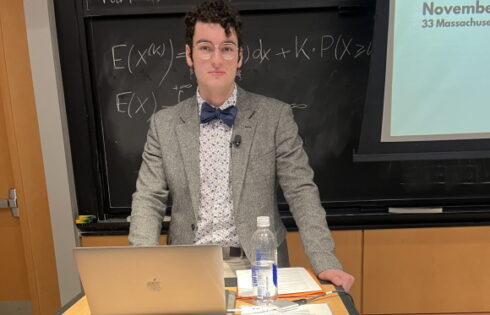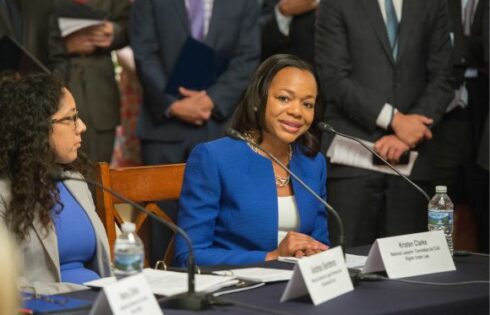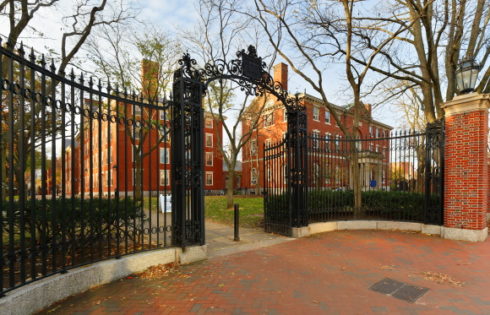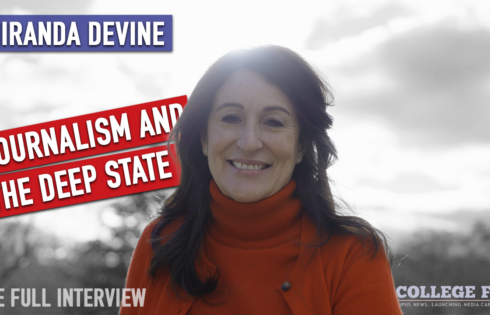
Universities should cancel college sports next year to protest President Donald Trump’s funding freezes on universities such as Harvard, Cornell, Brown, and others, a professor wrote in a recent op-ed.
“Slash research and jack up student tuition? Meh. Take away college football? You’ll have a few hundred million angry Americans paying attention real quick,” Ethan Ris, an associate professor at the University of Nevada at Reno, wrote in the Slate article.
He wrote that the Trump administration’s “assault on American higher education” is seemingly not going to end anytime soon.
While the funding freezes mainly focus on research grants, they will inevitably impact all facets of higher education’s operations, Ris wrote. He proposed a solution to “get ahead of the curve … by canceling intercollegiate athletics.”
Doing so would save universities millions of dollars. However, Ris wrote that the main objective would be to “grab the attention of voters, taxpayers, and policymakers in the short term.”
The professor also wrote:
Of course, the NCAA itself will not go along with this plan. Neither will the individual athletic conferences, or most institutions in red states that would have to face down hostile governors and legislatures if they made such a bold move.
But one group can lead the way. The Association of American Universities is a 125-year-old group that represents the 69 most elite research universities in the United States (plus two in Canada). The association has recently made strong statements decrying the Trump administration’s cuts to higher education, but it could do a lot more. And it should, considering its prominence and the simple fact that it has the most to lose in the clawback of federal grant money. Indeed, the extent of federal research support is the leading criterion it uses to determine which universities will receive membership in the highly exclusive organization.
The author wrote that U.S. colleges and universities, facing threats from the Trump administration to cut federal research grants, have limited options. They can either comply, as Columbia University has, or face severe budget cuts “and a dramatic curtailing of their mission and impact.”
“But the American higher-education sector is much more than a supplicant kneeling at the foot of the federal government,” he wrote.
“For better or for worse, it is absolutely central to the nation’s economy and society. And a big part of that centrality—one that some of us in academia try hard to ignore—is the spectacle of college sports,” Ris wrote.
MORE: Trump admin freezing $1 billion to Cornell and $790 million to Northwestern
IMAGE CAPTION AND CREDIT: College football players running during a game; skynesher/Canva Pro
Like The College Fix on Facebook / Follow us on Twitter




Add to the Discussion